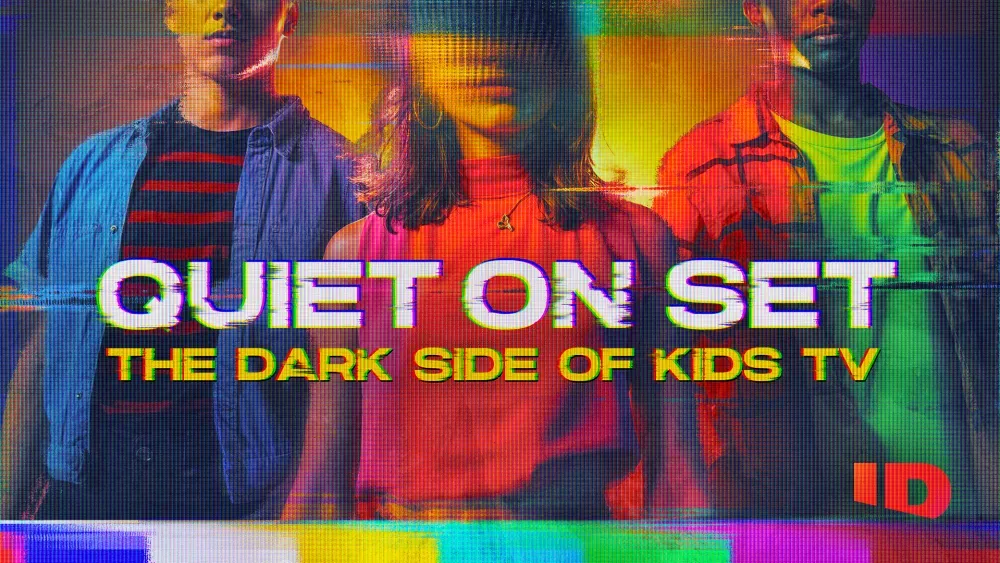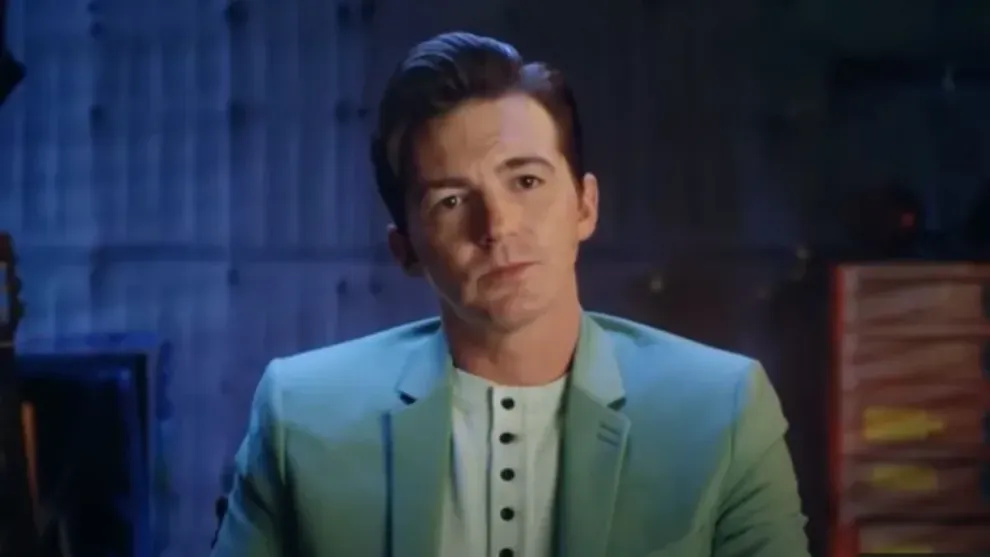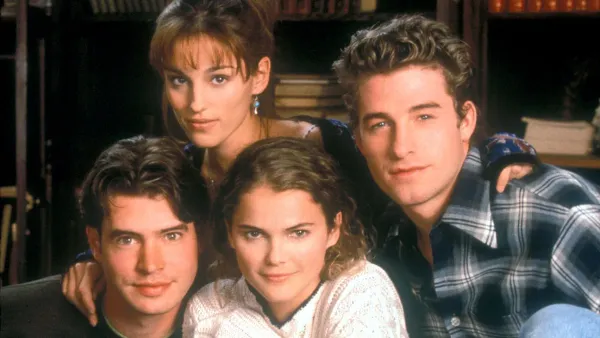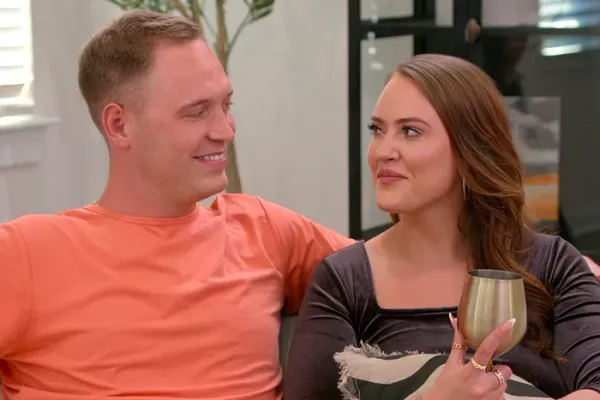I Can’t Not Talk about Quiet On Set

This was a hard watch.
It was something I knew was going to be a hard watch before I pressed play. I had seen people talking about it on TikTok and I said this is going to be hard, but it’s something that I have to watch.
Quiet on Set is a documentary that came out on HBO Max (yes I’m still calling it that) in mid-March. It chronicles the investigation into stories of hostile work environments and sexual assault on the set of some of the most popular kids TV shows of our time.
In an earlier post I talked about how much of my childhood was shaped around the children’s programming on PBS. PBS was the only programming that was really available for me at the time. As an elder millennial, cable wasn’t something with kids programming until the 90s.
I’ll never forget when my parents got cable. It was a life changing moment. Finally, I didn’t have to adjust an antenna to get clear reception. There were so many channels there was always something to watch and we had more TVs in the house now so I could have my own TV basically. (Yes, writing this I hear the privilege.)
Anyway, so sometime after Sesame Street and before my sister was born, the family got cable. I couldn’t wait to watch shows with my sister when she was old enough. As the cool older sister I was like, don’t worry, you can watch Nickelodeon, it’s for kids!
So, using TV as a clock, our day would start with with Nick Jr’s main stays like Blue’s Clues and Eureka’s Castle. Then it was time for a nap and I would watch Little Bear and David the Gnome until it was time to flip back to PBS for Barney, hop over to the Disney Channel for MMC and KIDS Incorporated. When Mom and Dad came home from work, we’d watch the news and whatever prime time TV was on, but on Saturday nights I could sneak downstairs and watch SNICK - Saturday night programming for us cool kids.
I honestly can’t think of a day when Nickelodeon was not on at our house.
When I got older, I - of course - was too cool for most Nickelodeon. I moved on to MTv. Um, the Real World is on, hello! Sometimes I’d hop back to Nickelodeon for Salute Your Shorts, Hey Dude, Pete and Pete or Clarissa Explains it all.
My sister got to stick with Nick a bit longer because their programming grew with her. By the time she was a tween, Nickelodeon had a whole slate of shows just for her - The Amanda Show, All That, Drake and Josh, Victorious, iCarly - she didn’t need to migrate to MTv. She could stay right there.
For these reasons, Nickelodeon was always something I looked back on with good memories. It was something my sister and I could watch without my parents. It was for kids, not adults.
Watching Quiet on Set was a reckoning

Learning how those sets were run, what happened to those kids, what environments those kids and parents were in - horrifying. The documentary did a great job showing that this was a systemic problem and it was motivated by money. It also showed how an entire generation was groomed to tolerate sexual innuendo to the point that most of those clips are unwatchable with 2024 eyes.
I don’t want to spoil too much of the documentary, as I see it as required viewing, but there are a few topics that stood out to me that I’d like to explore.
Quiet on Set starts off talking about the writer’s room on The Amanda Show. This writer’s room was quite the boys club. There were two women, sharing a salary, and forced to write under unfathomable circumstances. I don’t even think the word hostile can cover it. After hearing the stories of the women on this set, it made it so clear that it was setting the foundation for what was allowed to grow there.
The courage it took for Drake Bell to tell his story was something to see. He did so with so much care for current and past versions of himself. Each time a trauma survivor retells their story, it can activate the trauma responses in their brain and body that were formed when the even first happened. How Drake told his story here, is an example of how to do with care.
I know it can sound trite, but television really is a portal. The vibes behind the camera translate to the viewer on the screen. This is what really stuck with me after watching Quiet on Set. I grew up with TV like Sesame Street and Mr. Rodgers. I knew what good vibes TV felt like. So even though through the latchkey kid era, I had developed a discernment when it came to content that I was watching. I was fortunate to have that foundation to stand on. Not everyone had that experience and I just think about how the kids who only had these shows to watch picked up on all those vibes and how it formed their discernment.
The way the creators of this documentary handled this story for both the participants they were interviewing and also the viewer is something to note. The content warning, the first thing viewers see, shows you just how much they understood about trauma.
The caption reads:
This series investigates this abuses experienced by children from the adults they were expected to trust.
It's that last part that really got me. I've never seen that in a content warning and it shows an understanding of trauma.
In the end, watching Quiet on Set only fortified by belief that being trauma-informed matters. It matters in all stages of television from the writer’s room, to the executive suite, to the viewers at home. While it was a hard watch, I am grateful for the storytellers behind Quiet on Set and hope that the stories they told push the industry to action.
P.S.
- If you or someone you know has experienced SA, you are not alone and there are professionals to help you. Please reach out.
- This whole conversation about children’s programming had me thinking about that one time Mr. Rogers went to Congress and talked about how important TV is for kids.
- Sending love to all the child actors who put in unsafe environments and were on my screen for my childhood.
- When Nickelodeon started it was run by a woman, Dr. Vivian Horner. Revolutionary at the time.
- Also, if you haven’t found Steve from Blue’s Clues on TikTok, he’s worth a follow.



